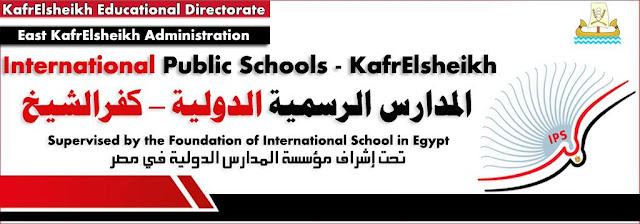The International Public Schools choose to define "international education"
according to the following criteria.
Developing citizens of the world in relation to culture, language and learning to
live together
• Building and reinforcing students’ sense of identity and cultural awareness
• Fostering students’ recognition and development of universal human values
• Stimulating curiosity and inquiry to foster a spirit of discovery and
enjoyment of learning
• Equipping students with the skills to learn and acquire knowledge,
individually or collaboratively, and to apply these skills and knowledge
accordingly across a broad range of areas
• Providing international content while responding to local requirements and
interests
• Encouraging diversity and flexibility in teaching methods
• Providing appropriate forms of assessment.
Our education program is based on child-led learning. Child-led learning
describes how children are responsible for deciding what to learn. In some
cases, it extends to children being in control of how long they spend on a
particular lesson and the methods and materials used for study.
• The system sets standards for the learning, development, and care of
children.
• The curriculum framework supports an integrated approach to early
learning and care. It gives all professionals a set of common principles and
commitments to deliver quality early education and childcare experiences
to all children.
• The Early Years Foundation Stage is a play based framework that all UK
childcare providers use as a tool to ensure that children from birth to five
years are developing and learning to their full potential. Play is one of the
main ways in which children learn and develop. It helps to build self-worth
by giving a child a sense of his or her own abilities and to feel good about
themselves. Because it is fun, children often become very absorbed in what
they are doing.
• Play is very important to a child's development; it is an integral part of a
child's Early Years Foundation Stage and supports their learning journey too.
Young children can develop many skills through the power of play. They may
develop their language skills, emotions, creativity and social skills. Play helps
to nurture imagination and give a child a sense of adventure. Through this,
they can learn essential skills such as problem solving, working with others,
sharing and much more.
• Providers plan and provide a range of play activities, which help children to
make progress in each of the following areas of learning and development. See less

مقال رائع يوفر معلومات هامة لأولياء الأمور الراغبين في تسجيل أطفالهم في المدارس الرسمية الدولية في كفر الشيخ. هذه المدارس توفر بيئة تعليمية متميزة تتبع المنهج البريطاني، مما يعد فرصة رائعة للطلاب لتطوير مهاراتهم الأكاديمية. شكراً على نشر هذه التفاصيل المهمة. للمزيد من المقالات حول التعليم والمدارس، يمكنكم زيارة الزي الموحد للمدارس.
ردحذف